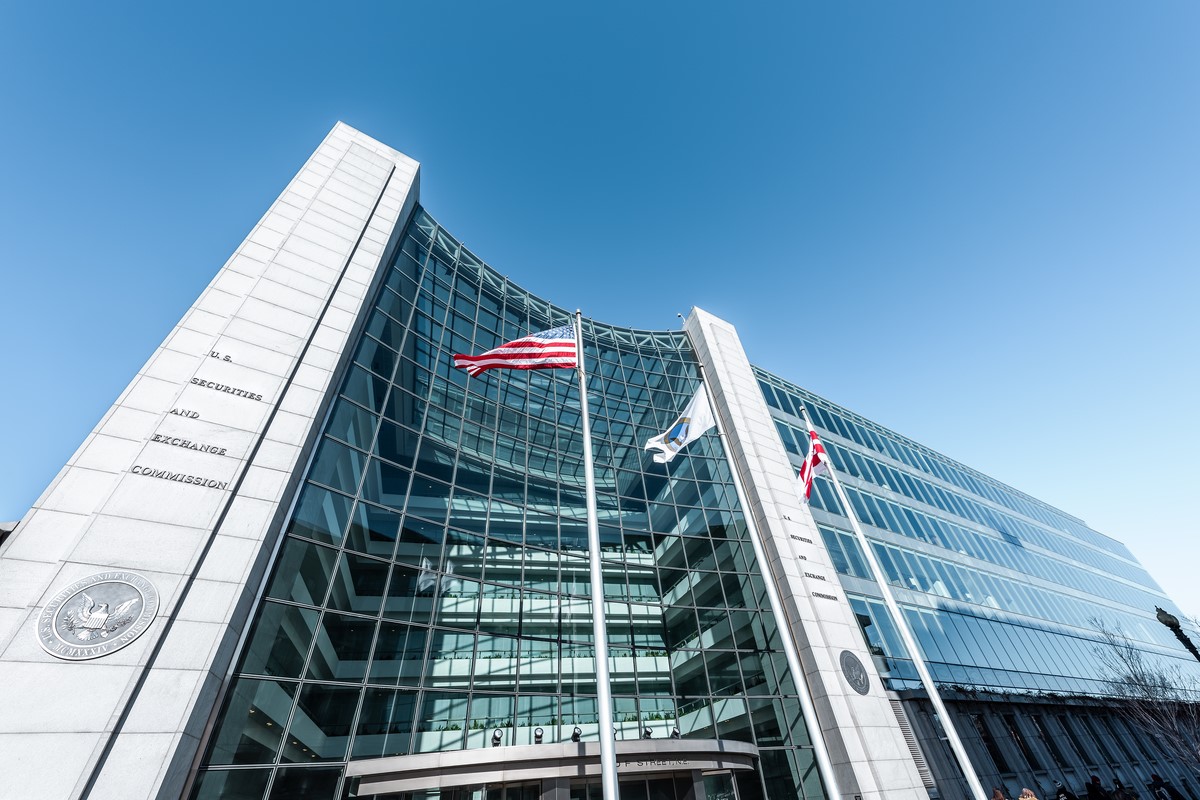EB-5 and Securities
Regional centers and project owners must abide by U.S. securities laws. Securities are defined broadly by the United States Securities Act of 1933 and include investment contracts, notes, stocks, bonds, and investments made in any “direct participation program.” All securities must be registered with the United States Securities and Exchange Commission (SEC). The securities laws that the SEC enforces are designed to protect investors from incompetent or dishonest sellers of securities. Since EB-5 applicants enter into investment contracts with EB-5 projects, their investments may be designated as securities.
EB-5 Securities Exemptions

All securities must be registered with the Securities and Exchange Commission (SEC). However, this registration process is extremely involved and burdensome. Securities registration costs investors time, money, and requires filing detailed disclosures. In fact, complying with some SEC securities regulations can take so long that it can prevent investors from fulfilling all EB-5 requirements within the USCIS mandated timeframes. The EB-5 securities may also be subject to state law regulations which can also be extremely costly to become compliant with.
However, certain EB-5 investors can qualify for an exemption that would enable the investment to be made without SEC securities registration. Regulation D can exempt EB-5 investments from SEC registration requirements. Investors must meet several criteria to qualify for the SEC Regulation D exemption. EB-5 applicants must be accredited investors to qualify for SEC exemption. An accredited investor can be an individual with a new worth that exceeds $1 million dollars. An accredited investor can also be an individual whose income exceeded $200,000 in each of the previous two years if single or whose income exceeded $300,000 in each of the previous two years if they have a spouse.
EB-5 Solicitation and Securities
For the EB-5 investment to be exempt under Regulation D the securities cannot be resold. To qualify for Regulation D exemption, EB-5 Regional Centers or project owners cannot engage in general advertising or solicitation of securities. The SEC seeks to enforce such regulations to protect EB-5 applicants from fraudulent or misleading information. However, the exact extent to which EB-5 solicitation can be made has not been made explicitly clear by the SEC. EB-5 advertisement can be made if no references are made to specific investment information. More targeted solicitation may also be made if there is prior knowledge that the prospective EB-5 applicants are, in fact, accredited investors.
EB-5 Broker-Dealers
As defined by the Securities and Exchange Act of 1934, broker-dealers are companies, individuals, or other organizations that engage in trading securities. Broker-dealers must have accreditation with the SEC and with state securities regulators. Migration agents, regional centers, advertisers, and others may be designated as broker-dealers by the SEC due to their participation in the EB-5 program. More specifically, a broker-dealer relationship may be entered when EB-5 projects enter into negotiations with investors or when third parties connect EB-5 projects with investors.
Heightened SEC regulation and even civil or criminal liability may be enforced on individuals who enter into a broker-dealer relationship without proper accreditation. SEC regulation of broker-dealer relationships may not be enforced if the negotiations take place overseas outside of US jurisdiction. It is crucial that all parties involved in the EB-5 process are well aware of, and operate within, all pertinent SEC regulations.







